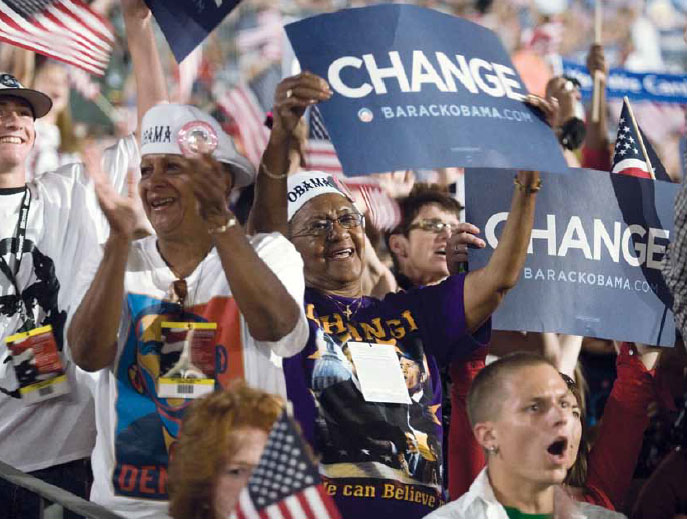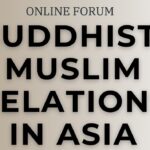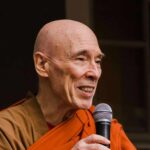forum
david loy ? mushim ikeda ? joan sutherland
. . . . . . . . .. . . . . . . . . . . . . . . . . .. . . . . . . .. . . . . . . . . . . . . . . .
I Vow to Be Political
Buddhism, Social Change, and Skillful Means
?
introduction by melvin mcleod
If the Buddha ever ran for political office, I think this would be his platform:
May all beings enjoy happiness and the root of happiness.
May they be free from suffering and the root of suffering.
May they not be separated from the great happiness devoid of suffering,
May they dwell in the great equanimity free of passion, aggression, and ignorance.
Traditionally, Buddhism?s answer to this aspiration has been individual, internal, and spiritual. Yet as David Loy so insightfully points out in this panel discussion, the three poisons do the most damage to the most people in their social, political, and economic guises. If that wasn?t true in the ancient world, it certainly is now. The four immeasurables require us to cut all the tangled roots of suffering, including its political, social, and economic causes.
This is a momentous political season. We are entering an electoral cycle that will answer fundamental questions about the kind of country we want America to be. The Tea Party and Occupy movements are taking impassioned and opposing stances on the exercise of political and economic power, and reshaping the mainstream discourse. Over all this loom global issues like climate change that seem to strike at humanity?s very future. Politics these days is not just about who wins. It?s important.
If political and social engagement is an inescapable part of our vows, as I believe it is, then we need to do it effectively, and in a way that is never detrimental to our central mission to offer the dharma to all who need it. This raises interesting questions about skillful means. Here are a few.
Is Buddhism inherently liberal? The vast majority of American Buddhists are liberal?often very liberal. Is this a natural reflection of Buddhist values of compassion, generosity, and nonaggression, or is it just the way Buddhism happens to have taken root in the West? In the current political climate, Buddhist values are best served by the left. But in other places or other times it might be different. It is helpful to remember that conservative values like responsibility, self-discipline, merit, and respect for the past are also dharma principles.
Support values or parties? What is the most skillful way to make that four-point platform of the Buddha?s a reality? To live and promote Buddhist values and let people draw their own political conclusions, or explicitly identify American Buddhism with a particular position on the political spectrum? While individual practitioners can and should be politically active, it is a stronger and more inclusive strategy for American Buddhism as a whole to focus on promoting its
values?universal human values that transcend ideology?and not take on the limiting label of a partisan stance. Although I am strongly a Buddhist for Obama, I don?t think ?American Buddhists for Obama? would really be helpful to the dharma (nor to Obama, for that matter).
Are we truly inclusive? Does a monolithic political culture serve the dharma well? We talk a lot about diversity?except political diversity. Our panelists acknowledge that people with conservative political and social views often don?t feel at home in Buddhist centers (nor, I must acknowledge, reading Buddhist
magazines). People of all types need the dharma, not just educated, middle-class liberals. Is a Buddhist party line keeping people who need it away from the dharma?
There are those who argue that the best way to benefit sentient beings is to leave social and political engagement aside and concentrate on achieving enlightenment. Yet few of us, even the most devoted, will lead lives of full-time practice. We will make our contribution from within society?in our daily practice, in our relationships with those close to us, and in our lives as citizens and members of society. We cannot wait until we achieve enlightenment. We need to act now, offering society our insight and values in the most skillful way we can?and to our surprise, maybe finding realization too.

Read more please download the attach files :











